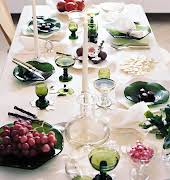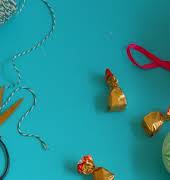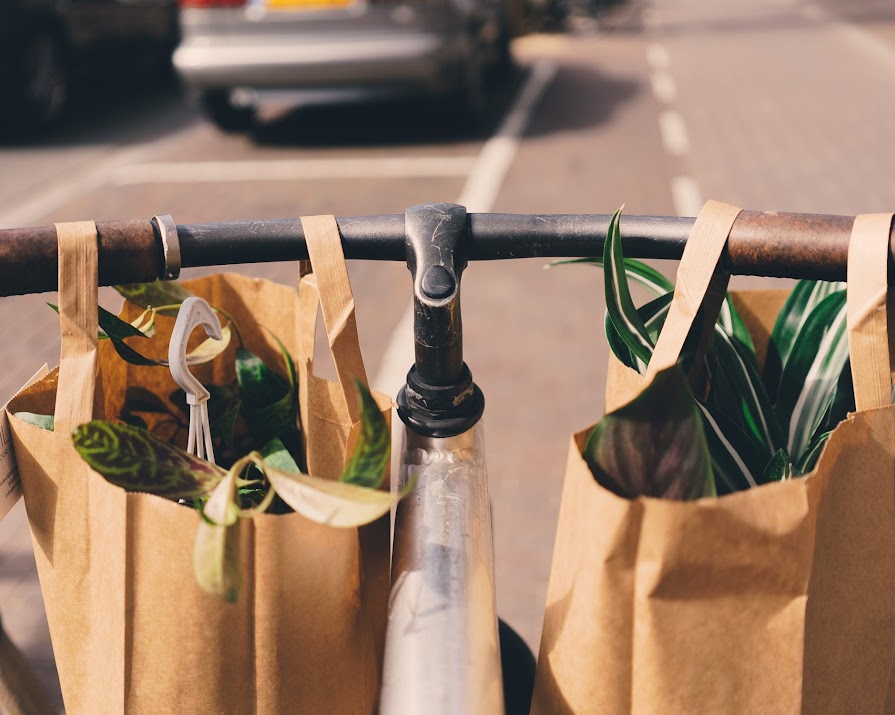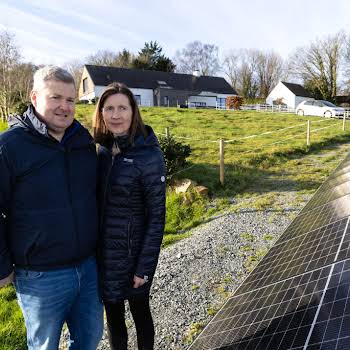By Geraldine Carton
24th Jun 2018
24th Jun 2018
Ever wondered “how can I be more green”?
Sundara O’Higgins is South Dublin’s Recycling Ambassador for the Voice Programme (funded by the DCCAE). Having spent the last few years fighting the good fight by trying to make changes to her day-to-day lifestyle, she is now working on educating people on ways to become more eco-conscious and eco-friendly, for good.
If you want to place yourself on the right side of eco-history and do your bit to help our frail planet, then follow Sundara’s advice which draws from The Five R’s of Sustainability: Refuse, Reduce, Recycle, Reuse and Rot. If we all make a few small changes to be more green in our day-to-day life, the positive effects on the world around us will be major.
- BYO
Plastic bags are not your friends, and neither are coffee cups. Both of these items are ruining our seas and oceans and killing their wildlife, so the least we can do is BYO and enjoy the sweet taste of righteousness that it brings. There’s no need to be a martyr about it either. Invest in a gorgeous bag or keepcup that you feel proud of, and rock that environmentally-friendly swag with sass.
The same goes for water bottles. They are the devil as far as the eco-conscious are concerned, so opting for a long-lasting counterpart or stainless steel flask is sure to grant you sustainable salvation. Plastic bottles also transfer nasties into the liquid they hold, so it’s double-y worth the swap.
- Say No To Pointless Freebies
Whether it’s outside of a train station, or in your local bank, those branded pens, keyrings and novelty glasses are headed in one place and one place only – the landfill.
 Chilly’s eco-friendly bottles (photo cred: embolics.com)
Chilly’s eco-friendly bottles (photo cred: embolics.com)
- Little Things That Add Up…
Say no to junk mail, have your cocktail without a straw and when possible, do not take the plastic cutlery! Biodegradable straws and cutlery are slowly appearing in cafes around Ireland, but if you want to get really serious about your waste reduction efforts, invest in some discreet travel cutlery, or a steel straw. They’re all the rage in California.
- Fast, Frivolous Fashion
Curb impulse buying, and when it comes to each purchase try to stop and think, do I really need this? Fast fashion has created a culture of flippant wardrobe renewal, so if you want to expand your wardrobe without adding to the world’s waste levels, arrange a “swap shop” night with friends, or do it in the office one day at lunchtime. Flea markets and second-hand shops are also a great way to save money and the world simultaneously.
“You cannot get through a single day without having an impact on the world around you. What you do makes a difference, and you have to decide what kind of difference you want to make.” —Jane Goodall
- Savvy Skin Care
When taking off your makeup at night, use a face cloth instead of cotton pads. Microbeads that feature in exfoliation creams might just seem like tiny plastic balls that rub the dirt from your pores, but they are actually wreaking havoc in our waters and killing fish in their droves. For an effective exfoliating alternative, consider muslin cloths.
- Keep Your Containers
Sometimes plastic packaging can’t be avoided, and you can hardly ask your takeaway driver to deliver your chana masala in a hemp bag. But as a compromise, instead of throwing these containers out after you’re done, reuse them as a lunchbox for work, or to store leftovers in the fridge.
 Dublin’s Cornucopia cafe shows off its biodegradable takeaway products (Photo cred: cornucopia_restaurant Instagram)
Dublin’s Cornucopia cafe shows off its biodegradable takeaway products (Photo cred: cornucopia_restaurant Instagram)
- Educate yourself
Did you know that plastic adhesive paste is used to make teabags? Lidl have admitted to using the substance to seal their tea bags, but one brand that definitely doesn’t is Yogi Teas.
One-third of Ireland’s recycling is contaminated. Not a very inspiring statistic, but it highlights the importance of how we all need to know exactly what goes into which bin. Green bins should only be filled with clean, empty and loose materials (eg. no plastic bags or bin liners please), and soft plastic is a no-go. If you can crinkle it up in your hand, it can’t go in the green bin. That means no crisp packets, no cling film, no flimsy shopping bags, and practically no confectionary packaging in general.
- Rot
Composting is another effective way to handle waste. If you’re worried about vermin getting into your brown compost bin, just keep a brick or heavy item on the lid to prevent intruders. You can also buy compostable bags in most supermarkets nowadays, and these will prevent spillage or leaks. Don’t forget that tissue and pizza boxes can go in the brown bin too (as if we needed another reason to order in pizza this evening).
If you want to make an effort to be more green, check out @bethechange_irl or @instatwig on Instagram, where Sundara mentions different businesses that are doing good things in the world of sustainability






















